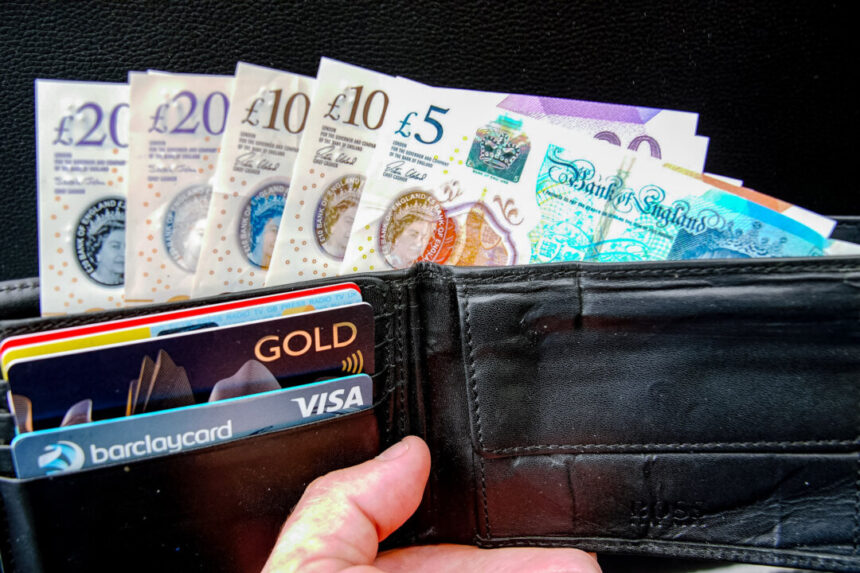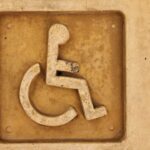Cash use has increased for the second consecutive year, playing a crucial role in budgeting for many households in the UK amidst rising living costs and inflation, according to new data.
In 2023, 19.9 percent of transactions utilized cash as a payment method, up from 18.8 percent in 2022.
“Persistent inflation and the ongoing cost of living crisis have impacted households nationwide, leading many consumers to use cash for more effective budgeting,” stated Chris Owen, BRC payments policy adviser.
Regulations from the Financial Conduct Authority (FCA) now allow local residents, businesses, and shops to request assessments of cash access in their area, effective as of September.
Under these regulations, banks and building societies must respond to requests from residents and community groups to address any gaps in local cash access.
Upon receiving a request from charities or local groups, the LINK network, the UK’s primary ATM network, has 12 weeks to conduct an assessment.
If significant gaps are identified, designated banks and building societies will implement changes such as maintaining bank branches, installing ATMs, and introducing banking hubs.
Furthermore, the rules ensure that the vast majority of individuals and businesses are within a three-mile radius of cash withdrawal facilities.
Vulnerable Groups
Campaigners advocating for the financial inclusion of vulnerable groups have emphasized the essential role of cash access for the safety and survival of certain individuals.
Deidre Cartwright, public affairs and policy manager at charity Surviving Economic Abuse, stated: “Victims and survivors of economic abuse and domestic abuse more widely rely on cash for their safety and survival.
“Access to cash is crucial for victim survivors as it provides them with a means to access essentials for themselves and their children, especially when their abuser can track them through a bank account. It’s a vital resource for their safety and survival.”
Age UK highlighted that older individuals who do not use the internet or manage finances online find cashless payments challenging.
Restrictions on cash acceptance also impact individuals without mobile phones, limiting their access to parking and public facilities.
Ron Delnevo, chairman at the Payment Choice Alliance, shared, “I know some older friends who’ve stopped going to certain places … because they couldn’t park without having an app.”
The hearing is part of the Treasury Committee’s investigation into physical cash acceptance.
Dominance of Card Payments
The BRC’s report revealed that debit cards remained the most popular payment method in 2023. Debit card usage increased to account for 62 percent of transactions and 66.7 percent of total spending.
Card payments, encompassing credit cards, represented over 75 percent of transactions and 85 percent of spending.
Owen acknowledged the prevalence of card payments in the market and highlighted the continuous rise in card fees. He urged the Payment Systems Regulator to implement fee caps and price rebalancing measures.
The BRC called for increased transparency and justification for the fees faced by card companies, advocating for a review of the commercial cards market to address the lack of competition and escalating costs in the payment sector.
Additionally, the report noted that customers visited shops more frequently in 2023 but made smaller purchases on average.
The average transaction amount decreased from £22.43 to £22.03, while the total number of transactions surged from 19.6 billion to 21.0 billion.
PA Media contributed to this report.
Please rephrase.
Source link







